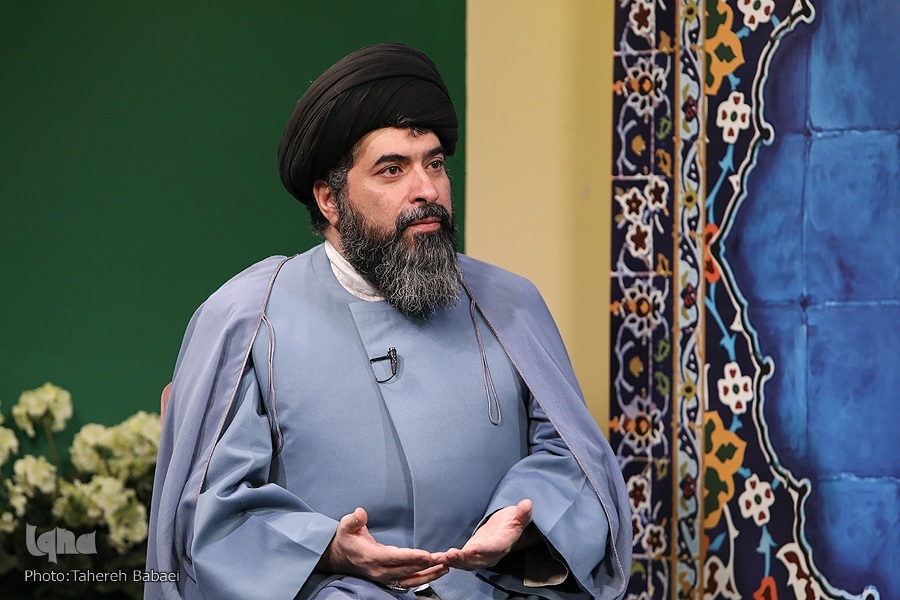‘Quranic Mosque’ Is One Where People Learn Piety, Strengthen Faith: Cleric

Speaking to IQNA, Hojat-ol-Islam Seyed Hossein Khazemian Noushabadi, a seminary scholar and researcher, emphasized that such a mosque is where people do not only pray, but also learn piety, strengthen their faith, and implement Quranic ethics in their daily lives.
Every cultural transformation begins with the mosque, and making mosques Quranic is the same as saving society from cultural deviation because a Quranic mosque guides man to the peak of perfection and is the basis for the moral and social growth of the Islamic Ummah.
He said mosques should function as comprehensive centers for community development, grounded in Quranic teachings.
The scholar grounded his analysis in Islamic history, explaining that Prophet Muhammad’s (PBUH) mission began and ended with a focus on divine revelation. This, he argued, establishes a permanent link between Islamic practice and the Quran.
He also connected the mosque’s function directly to the Quran’s textual requirements. “No Salah is accepted without Surah Al-Fatiha,” he said. “This means that even Salah is based on the pillar of the Quran. Therefore, a mosque can be Islamic in which the teachings of the Quran are taught, explained, and consolidated.”
Read More:
Mosques must have financial independence so that they can carry out cultural and social planning and the national media must reconsider the introduction of Quranic figures and popular preachers, he went on to say.
Khazemian Noushabadi also pointed to a core Islamic virtue and said the foundation of a mosque is based on piety. “A mosque should be a school of education and development of piety.”
“If mosques become the center of culture, economy, education, and morality, courts and police stations will be deserted. Whenever the mosque is alive, the society is alive,” he concluded.
4312938



